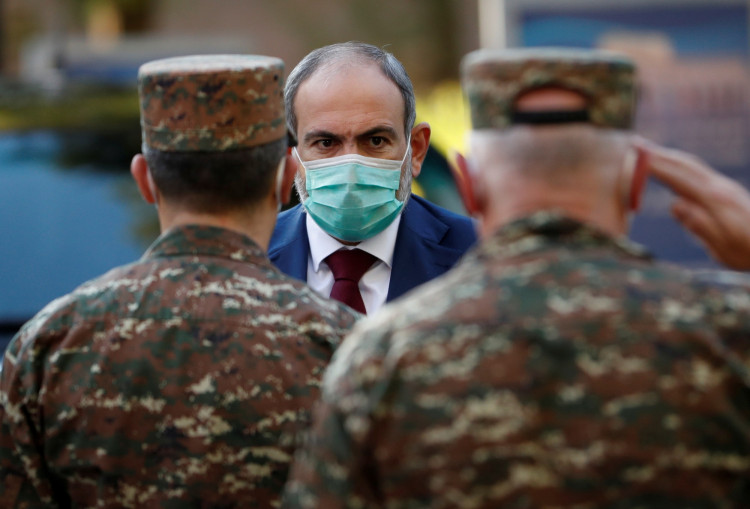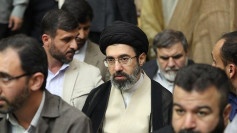Armenian President Armen Sarkissian resigned on Sunday, citing his office's difficulty to shape policy during times of national turmoil.
Sarkissian asserted that he believes the country's constitution does not vest him with sufficient authority to sway events.
The 69-year-old politician and former Armenian Prime Minister from 1996 to 1997 was elected to the largely ceremonial position by legislators in 2018 for a seven-year term that would expire in 2025.
However, he announced his decision to resign in a statement Sunday, emphasizing that he had been considering it for a long time.
"That decision is not emotional at all; it is logical," Sarkissian explained.
Sarkissian, who has been president since 2018, was at the spotlight of a domestic political deadlock in 2021 that broke out as a result of a war between Armenia and its longtime adversary Azerbaijan over control of the disputed Nagorno-Karabakh region.
He became embroiled in a standoff with Prime Minister Nikol Pashinyan last year over a variety of issues, including the dismissal of the army chief in the aftermath of the war and in the face of protests that drew thousands to the Caucasus nation's streets.
Armenia became a parliamentary government in December 2015 following a referendum in which presidential powers were significantly reduced.
Sarkissian made no direct reference to any specific events or issues in his statement.
Armenia and Azerbaijan agreed to a ceasefire last November on their border, after Russia urged them to avoid confrontation following the deadliest clash since a six-week war in 2020, during which Moscow also brokered a ceasefire agreement.
Armenia declared independence from the Soviet Union in 1991 but continues to rely on Russia for assistance and investment.
The former ambassador to the United Kingdom stated that while some may wonder why he did not resign sooner, the answer is self-evident: "Because of the responsibility I assumed as president of the republic."
Sarkissian noted that despite his efforts, he was unable to influence the political events that precipitated the current national crisis as a result of the president's lack of "appropriate tools" under the constitution.
Since the collapse of the Soviet Union, Armenia's economy has struggled, and money sent home by Armenians living abroad has aided in the construction of schools, churches, and other infrastructure projects, including in Nagorno-Karabakh.
Numerous Armenians accuse the government of corruption and mismanagement of an economy still battling the legacy of central planning.
Meanwhile, Armenia News reported that the President of the National Assembly, Alen Simonyan, will be given presidential powers until an election can be held.






